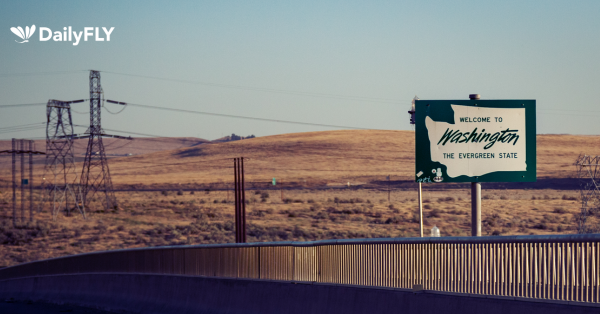(The Center Square) – The Washington State Supreme Court on Thursday ruled that unions representing public employees failed to demonstrate that the employees face a “particularized harm” if certain work-related information is publicly disclosed.
The court’s opinion is in response to a litigious dispute between the Freedom Foundation, a conservative think tank based in Olympia, and approximately 50 labor unions representing thousands of public employees across the state.
The foundation had made formal requests to numerous state agencies requesting the full names of their workers along with dates of birth, job titles, work email addresses, annual salary, work location stations and addresses, full or part-time work status, and names and titles of their union bargaining representatives.
The foundation said it wanted to contact the employees to inform them about a 2018 U.S. Supreme Court ruling that banned mandatory union membership and dues in the public workplace. The foundation, in its lawsuit, also asserted that unions had no standing in the case.
The unions, led by the Washington Federation of State Employees, said their employees have a “constitutional liberty interest in personal security” that would be violated if the government released such information. A trial court agreed and granted an injunction preventing disclosure.
While the litigation proceeded on appeal, state legislators earlier this year enacted a new measure, Engrossed Substitute House Bill 1533, which allows public employees or dependents who affirm they are survivors of domestic violence, sexual assault, stalking or harassment to request their personal information be exempt if they can show that disclosure puts them at risk.
Various news media were among those opposed to the bill, believing it could bar access to records about schoolteachers, corrections officers, or other public employees who committed misdeeds and then used the exemption as a means to avoid disclosure.
The state Supreme Court decision, written by Justice Barbara Madsen, remands the case back to the trial court for consideration of the new exemption to the Public Records Act provided by ESHB 1533. The opinion did affirm that unions have standing in the case, saying a release of worker information in some instances could jeopardize their members’ safety – an issue fundamental to union representation.
In a press statement regarding the ruling, Sydney Phillips, deputy chief litigation counsel for the Freedom Foundation, said the unions’ argument “was a smokescreen” and that state employees’ work information is subject to public disclosure.
“There are – and always have been – ample protections in the law to protect people whose safety is genuinely at risk,” said Phillips. “The union is simply hiding behind actual victims in order to continue collecting dues from people who might leave the union if they knew they had that option.”
The remand to superior court for application of the revised standards was the foundation’s objective, said Phillips. “These questions should be dealt with at the legislative level, not by courts finding exemptions that don’t exist in the constitution.”
Madsen’s opinion received concurrences from fellow Justices Sheryl Gordon McCloud, Charles W. Johnson, Susan Owens, Debra L. Stephens, Mary Yu, Raquel Montoya-Lewis, and Justice pro- tem J. Robert Leach.
Chief Justice Steven Gonzalez, who said the case raised “profound and difficult questions,” issued a concurring opinion. While he agreed the case should be remanded to the trial court for application of the new law, he did not believe there was a proper interpretation of the state Public Records Act.
Respondents to the Freedom Foundation’s lawsuit included the American Federation of State, County and Municipal Employees; trade unions, and unions representing scores of employees at state agencies, colleges and universities; cities and towns, public utility districts, school districts, health districts and more across Washington.

















